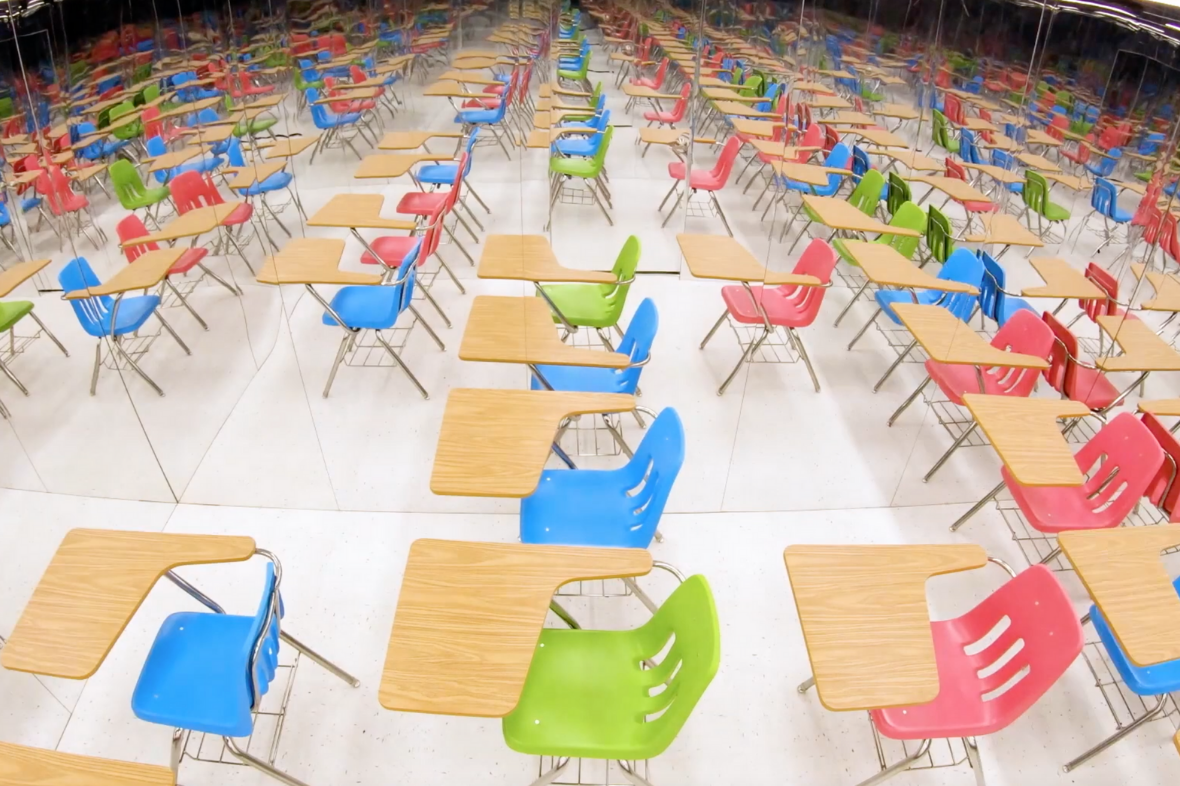
UK should spend more of its overseas aid budget on education says inquiry by MPs
Barriers to education, Children in conflicts, Education funding, Education in emergencies, Girls' education, Right to education
The head of a parliamentary inquiry said Britain has the chance to be "a global leader" in efforts to get millions of children in the poorest countries into school.
Britain should spend more of its international aid budget on helping children around the world get into school.
That means increasing its proportion of spending on education from 8% to at least 10%, according to Members of Parliament who have been investigating the UK’s aid for education.
“More than 250 million children and young people are currently out of school and another 330 million are in school but not learning. There is a global learning crisis,” said Stephen Twigg, Chair of the House of Commons International Development Committee.
“Education has been shamefully neglected by the international community and many national governments.”
Twigg said the UK had the opportunity to become “a global leader on education” – with the forthcoming G7 and G20 summits offering crucial chances to attract more funding to get children in the poorest countries into school.
Theirworld has been campaigning for G20 leaders – who will meet in Germany in July – to back a bold financing plan that could help to get every child in the world into school.
The International Financing Facility for Education (IFFEd) is also being supported by more than 20 major charities and campaigning organisations. They include Global Citizen, ONE, Save the Children, Avaaz, Malala Fund, Islamic Relief, VSO and World Vision.
Calls for the IFFEd to be established have also been backed by the International Development Committee.
It said: “There is currently no finance mechanism for education equivalent to those that exist in the health sector – such as GAVVI and the Global Fund – to galvanise innovation and funding for education.
“We hope to see this change through the introduction of a new International Finance Facility for Education, which we would like the UK to support in addition to its existing commitments.”
It went on to say that the G7 and G20 summits “offer crucial opportunities to galvanise the funding and drive needed to achieve SDG4” (the Sustainable Development Goal to ensure inclusive and quality education for all and promote lifelong learning).
It added: “The UK has the opportunity to be a leader on global education, and we hope that this Government, and the future Government, will be committed enough to take up the mantle.”
The committee has been holding an inquiry on education for the past few months – including listening to evidence by experts from United Nations agencies and global charities.
In a statement today, it said the UK’s international aid spending on education lags behind health, disaster, and government and civil society.
The committee called for that to be increased to at least 10% of the overall budget, which was about $17 billion in 2016. It recognised that DFID had been a leader on education in emergencies – helping to deliver schooling to Syrian refugees in Jordan and Lebanon.
But Stephen Twigg said others had to step up too. He added: “Even though we know the benefits of education, there is not enough funding from the international community to deliver this, particularly in the low-income countries which need most support.
“National governments in low and middle-income countries should also be investing in their education systems.”
During the inquiry, the committee heard in January from Gordon Brown, UN Special Envoy for Global Education. He warned that a lack of funding is denying millions of Syrian refugee and displaced children an education.
He said half of all Syrian refugee children are still out of school a year after world leaders pledged to get them into classrooms.

Brown argued that at least 15% of humanitarian aid should go towards education – it’s currently less than 2% each year.
The committee also heard evidence of widespread support for the work of the Global Partnership for Education and the Education Cannot Wait fund.The GPE works directly with governments in developing countries to support national education systems.
The Education Cannot Wait fund was launched last year to deliver fund where it is needed urgently – during conflicts and in the wake of natural disasters or health crises. It is funding quality education for two million vulnerable children in Chad, Ethiopia, Syria and Yemen, over half of whom are girls.
Ben Hewitt, Theirworld’s Director of Campaigns and Communications, said: “MPs in the UK have criticised the international community for its shameful neglect of school children around the world and have highlighted a shocking decrease in the percentage of aid going to education – despite all the talk in support.
“But there is a chance to turn this around this year and the recommendations point to the opportunity, with the forthcoming G20 meeting in Germany.
So the next few weeks ahead are crucial in putting in place the financing needed to get every child in school, by increasing the percentage of aid to going to education to 15%, fully funding Education Cannot Wait and the Global Partnership for Education and crucially establishing a new International Financing Facility for Education.
“Campaigners will be watching the G20 carefully to see whether the rhetoric on education is matched by action.”
More news

Skills for the future give young people the best chance of success
